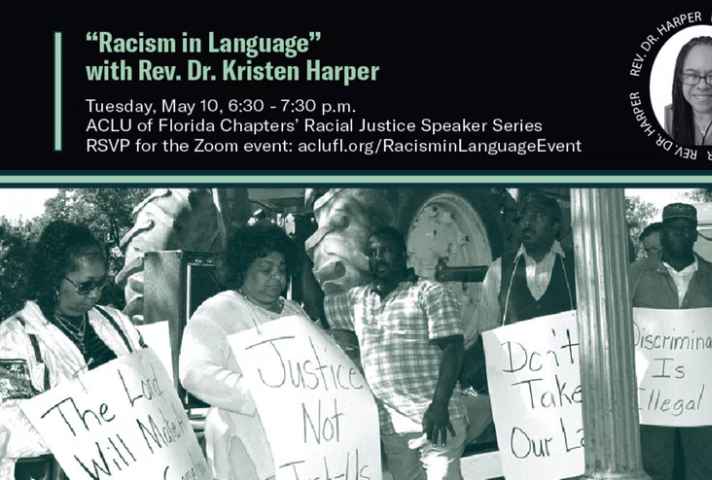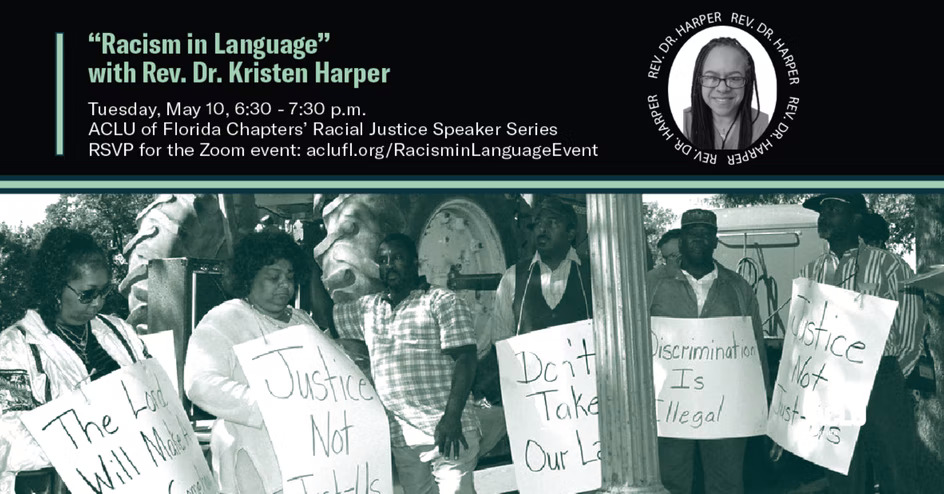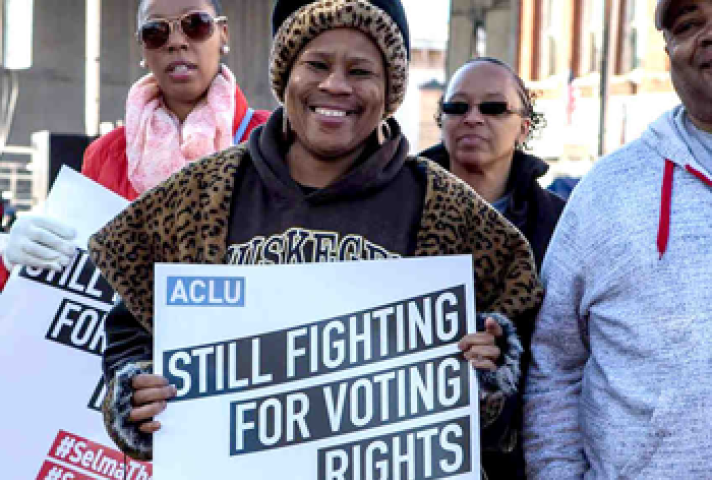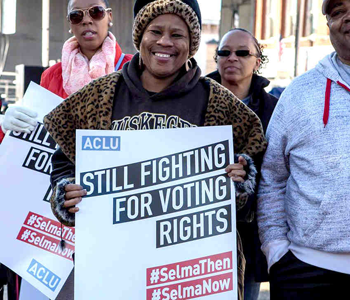The impacts of climate change in Florida's biggest urban area will mostly affect middle and low income people in mainly Hispanic and Black neighborhoods in the city of Miami.
White and Hispanic neighborhoods like Wynwood and Edgewater sit on the Miami mainland to the west of Miami Beach. They have experienced substantial and sustained real estate development over the last 20 years that has increased competition for and the cost of space, as the impacts of climate change begin to negatively affect the cost of keeping property beachside.
Most of Miami Beach is between three and five feet above sea level. The highest parts are near the ocean, where most commercial properties are clustered. The lowest parts are along the shore of Biscayne Bay, where more residential properties are found.
If the necessary actions to slow sea level rise are not taken, mean sea level is expected to increase by up to two feet by 2060. Such an increase means parts of Miami Beach could be uninhabitable. The prospective loss of real estate in Miami Beach has prompted Miami Beach business owners to set up shop on the other side of the MacArthur, Venetian, Tuttle, and 79th Street causeways, where many find cheaper rents or properties to buy on higher elevation land in Black and Hispanic ethnic enclaves.
Black and Hispanic neighborhoods such as Allapattah, Liberty City, and Little Haiti are perched along the Miami Rock Ridge, which is at least seven to 10 feet above mean sea level. That land is expected to stay out of the reach of the rising ocean until at least 2100, which has made it attractive to outsiders. This is causing rents to rise and is driving many longtime working class residents out of these areas. In other instances, owners of properties are getting attractive offers to sell and may take that option. Expected changes will significantly alter the demographic makeup of these neighborhoods in the decades to come.
The City of Miami Beach is hoping to mitigate the impacts of climate change through substantial infrastructure. The city is raising its roads to accommodate for current projections. But some owners of properties, both commercial and residential, argue that raising roads will cause the flooding of adjacent lots, which would necessitate the elevation of their structures, a very costly procedure.
Flexibility in working arrangements in the tech field, prompted by the pandemic, has led to an influx of tech workers fleeing high income tax states like California and New York. Many have arrived in Florida, which has no income tax. South Florida's urban center of Miami has attracted many, which has intensified the lack of affordable housing, including in Black and Hispanic neighborhoods.
More needs to be done by policymakers to ensure fairness in local and statewide housing policy, so that who gets to live where it is dictated by open, inclusive, and transparent decision making.
Date
Friday, April 29, 2022 - 4:00pmFeatured image
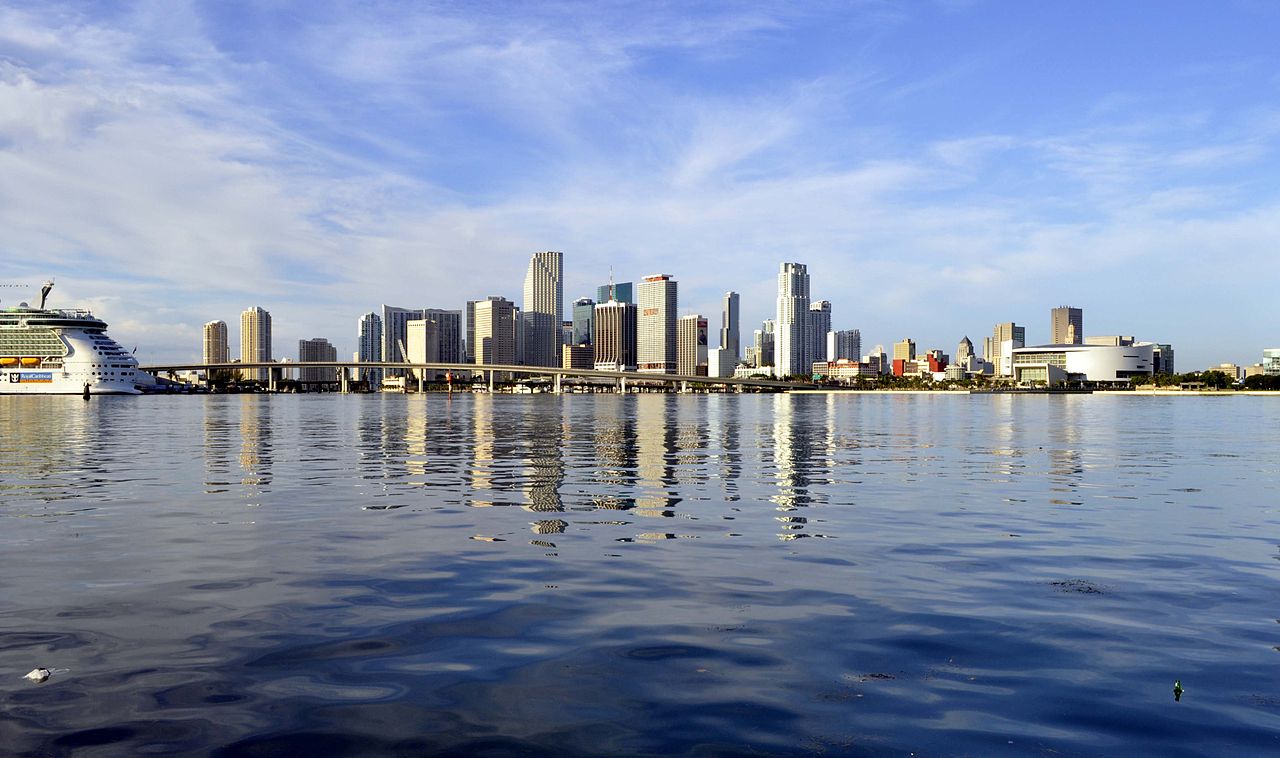
Miami skyline in 2010. (Tom Schaefer)
